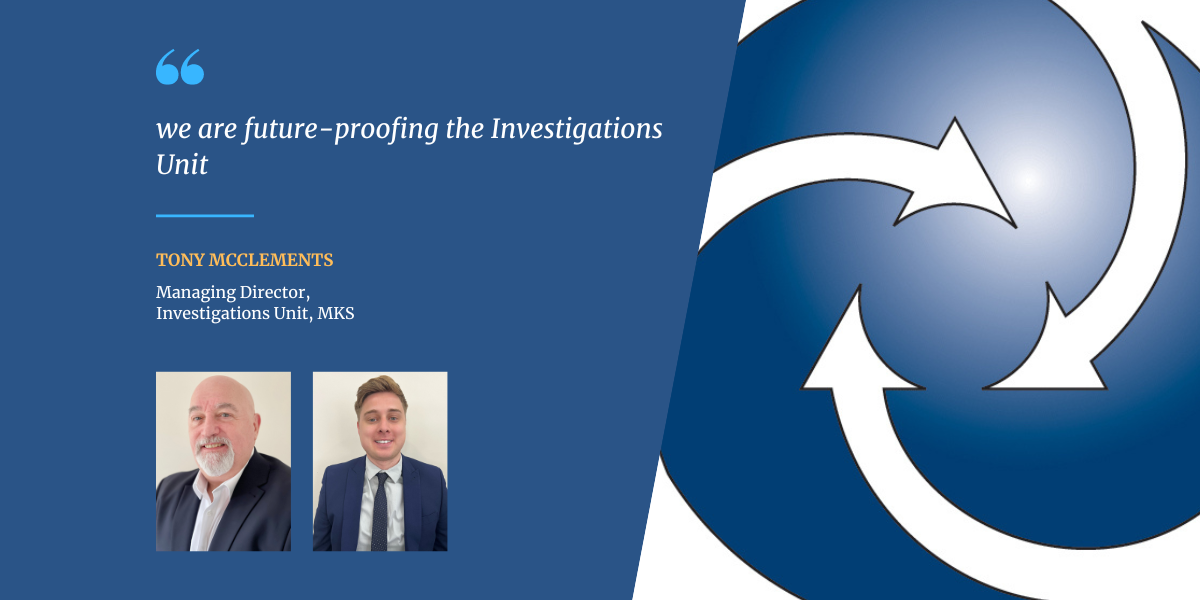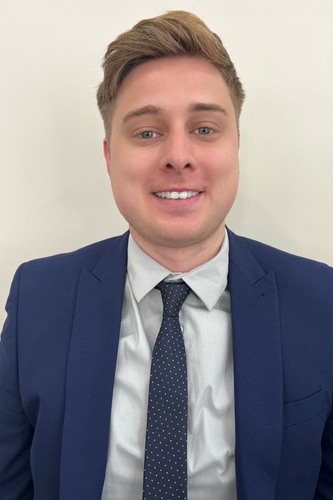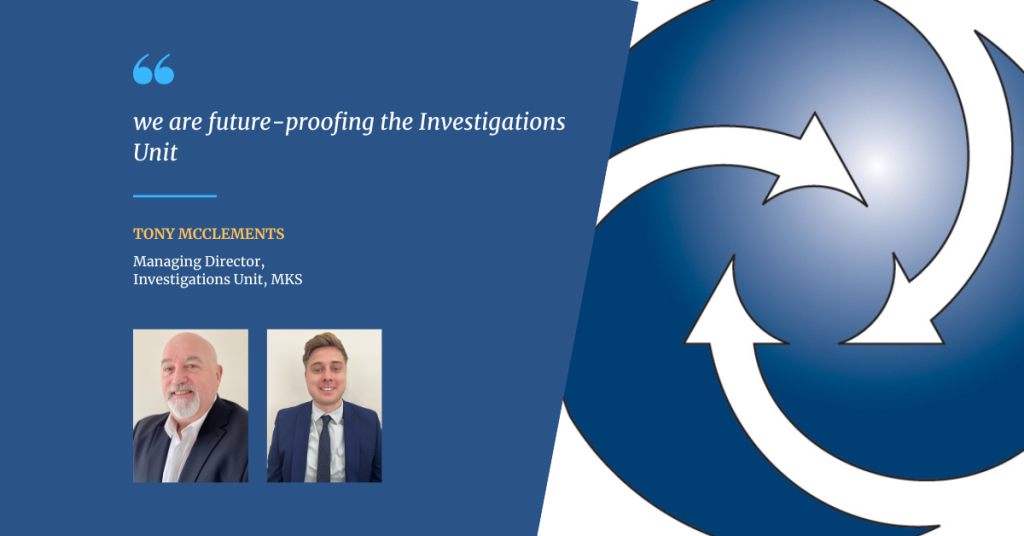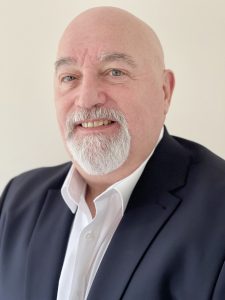As our investigations team expands, Managing Director of Investigations, Tony McClements, reflects on the importance of investing in the next generation of fraud fighters.
Fraud is one of the oldest crimes to known to civilisation, with the earliest recorded attempt dating back to 300 BC in Greece.
In one of my opening lectures to MSc financial investigation students, I tell the tale of a Greek sea merchant who sought to insure his ship and its cargo, planning to sink both to claim the insurance. The plot failed when the crew discovered the plan, and the merchant was chased from the ship and drowned.
The terminal consequences of this failed crime are not lost on those of us who investigate fraud professionally. We are now used to seeing culprits often escape meaningful punishment. I’m not saying all fraudsters should be drowned at sea, merely observing that it is often this lack of deterrent that sees crooks seeing fraud as a high yield/low risk option.
Investing in Youth
I believe that one of the biggest hindrances to our keeping tempo with the fraudsters is the lack of youth among the ranks of fraud investigators and lawyers. I have spent several years lecturing at the UK’s University of Central Lancashire (UCLAN) School of Justice, one of the premier policing and justice investigation centres in the UK.
Alongside my role here, as Managing Director of Investigations at Martin Kenney & Co (MKS), I teach fraud and financial investigation to undergraduates and postgraduates. I have seen firsthand the depth of the talent among their ranks. Sadly, many will struggle to gain employment in their chosen profession due to their perceived lack of experience.
I’m now in my sixties. I retired from the police over 10 years ago, after serving for 33 years, primarily as a detective specialising in fraud and financial investigation. When I joined the Investigation Unit (IU) here at MKS in the British Virgin Islands, I did so “armed to the teeth” with decades of experience. However, I also initially brought with me a generational fear of computing and software systems.
Instead of bemoaning change, [we] should make it our goal to impart our experience to those who will surely follow us
I have subsequently managed to bridge that gap, but the truth is that there should be a place for younger, dynamic, fraud investigators at the table, those who often embracing the plethora of new technologies out there to help our profession.
Yes, (when starting) they are inexperienced. But we have that to share in abundance. We were once in their shoes; we overcame those shortcomings by relying on our elders to show us the best way of getting from point A to point B.
Instead of bemoaning change, those of us long in this profession should make it our goal to impart our experience to those who will surely follow us: otherwise we are simply handing the initiative to the crooks and ne’er do wells, who you can be sure are employing the various latest that technology has to offer in order to avoid justice.
Knowledge is Power
There is a saying that knowledge is power. I agree, but teaching those younger than oneself in the complex art of battling fraudsters should not make one feel vulnerable. There is nothing more rewarding than seeing those you have nurtured take on your mantle. If anything, one should see this transference of knowledge as being one’s legacy.
When my predecessor in this role retired, Martin Kenney and I considered our options. We could employ another retired detective, with years of experience who could hit the ground running. But we knew that before long I would also be considering retirement and a lack of continuity would once again be a problem.
Therefore we decided that we should seek to “future proof” the Investigations Unit, by employing two younger, highly-qualified investigators near the start of their careers. We believe this will help cement our firm at the forefront of its specialised role in investigating international fraud and carrying out effective cross-border asset recovery.
We have begun this process. Our new incumbent, Harley Thomas, has brought with him both academic brilliance, professional qualifications (including chartered accountancy and anti-money laundering specialisms) as well as boundless enthusiasm. Recently, he has successfully completed his ACAMS qualification, and will soon be sitting his ACFE exams.
This is a significant investment in the firm’s future
In addition, Harley is already well on the way to completing an analyst course, including the use of specialised investigative software. In the coming weeks he will commence training in the use of AI financial investigation software that is used by law enforcement agencies across the globe.
This is a significant investment in the firm’s future, championed by Martin Kenney, and we are already reaping the rewards. Our ambition to be become a one-stop-shop for all things connected to fraud investigation and asset recovery is becoming a reality.
Expanding team
To Harley we will shortly be adding another young investigator, similarly qualified, who worked for the UK’s Serious Fraud Office (SFO). She too is a product of the UCLan MSc course that I taught. It is fortunate that as a by-product of my teaching I also get to talent-spot among the cohorts! It’s a rewarding role.
I appreciate that in this corporate world we are all competitors. But we all share the same goal of frustrating fraudsters and reuniting clients with their lost assets. Therefore, I firmly believe that all of us have a duty to encourage these young bloods to join our ranks and let them show us how these new systems and their fledgling thought processes can support investigations and improve their outcomes.
Tony McClements is Managing Director of Investigations at Martin Kenney & Co (MKS) and a guest lecturer at the University of Central Lancashire (UCLan) School of Justice. Prior to joining MKS, he was a veteran law enforcement professional, serving 33 years as a detective, specialising in fraud investigations.





